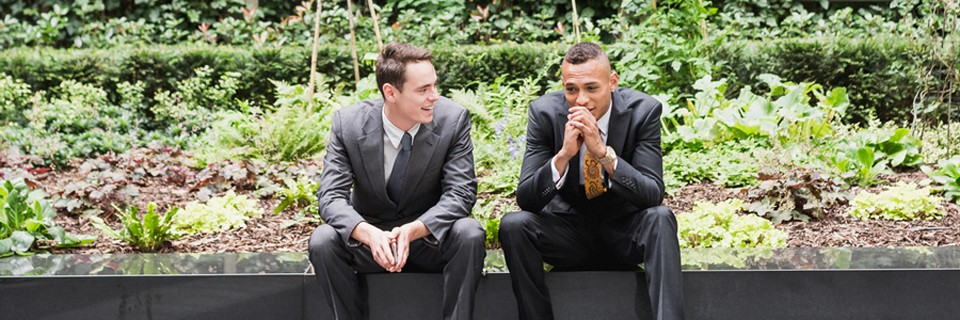“Who we are and who we become depends, in part, on whom we love.”
– Thomas Lewis, A General Theory of Love.
Feeling connected to others is an absolute human need. Social psychologists call this connection “embeddedness”. Holding a strong sense of embeddedness with people who are important to us is highly protective when we are coping with difficult experiences. Conversely, there are many studies which have tragically demonstrated how the lack of loving connection interferes with children’s development, including brain development.
From psychological and neurological research, we know that from early childhood through to adulthood, our brains actually link with those of the people close to us. This connecting process positively alters the hardware of our brains, establishes life-long emotional patterns, and makes us, in large part, who we are.
Researchers such as Barbara Fredrickson and Esther Sternberg have identified that our connections to others evoke emotions that affect our hormonal reactions, our nerve chemicals and our immune responses – and, through these, our resistance or susceptibility to stress and illness.
Sternberg writes that our “social world can activate the stress response, or it can tone it down. The effects of these personal connections can be more soothing than an hour of meditation. They can also be as stressful, and more long-lived, as running at top speed for twenty minutes on a treadmill. In fact, of all the sensory signals that impinge on us from moment to moment throughout the day, it is the ones connected in some way to another person that can trigger our emotions most intensely.” (The Balance Within”.
How can we best manage these connections to ensure we have more of the soothing interactions rather than the treadmill ones?
Practically, strengthening relationships is likely to mean prioritising them:
- How much time do you spend with people you love and like?
- Is this time “quality time”, time that replenishes you and recharges your relationship with that person?
- If not – what would help you improve this time together?
Then, thinking about strengthening the quality of your relationships, there are key factors supported by psychological research that can help us to do this:
- Introduce novelty. Get out of ruts and do something new together. For a professional relationship this could mean meeting to talk in a different café or walking a different route together. In a personal relationship try doing something you haven’t done before or take turns at surprising the other person with a new activity you can share together.
- Increase your experiences of positive emotion together. Experiment with different ways you can experience more joy, gratitude, appreciation, elation, excitement or calmness together. With a colleague this could be celebrating a success together; with a friend, enjoying a shared hobby.
- Practise noticing what you appreciate about the other person and your relationship together. Tell them or show them how you appreciate them, express your thanks and pay attention to anything they do differently that you like. Experiment with how often you show appreciation – is daily better than weekly?
- Hold eye contact. Eye contact stimulates the social-network circuits in your brain, decreases the stress hormone cortisol, and increases oxytocin, a hormone that enhances connection. Looking at the person’s face will also help you notice expressions and emotions even though they may last only briefly.
- Listen and show you want to understand the other person’s perspective. To listen well, truly pay attention to what the person is saying, seeing if you can reflect it back to them: Have I got that right? Check back also: What can I say or do to show you I care or understand?
What else helps you to strengthen relationships?



